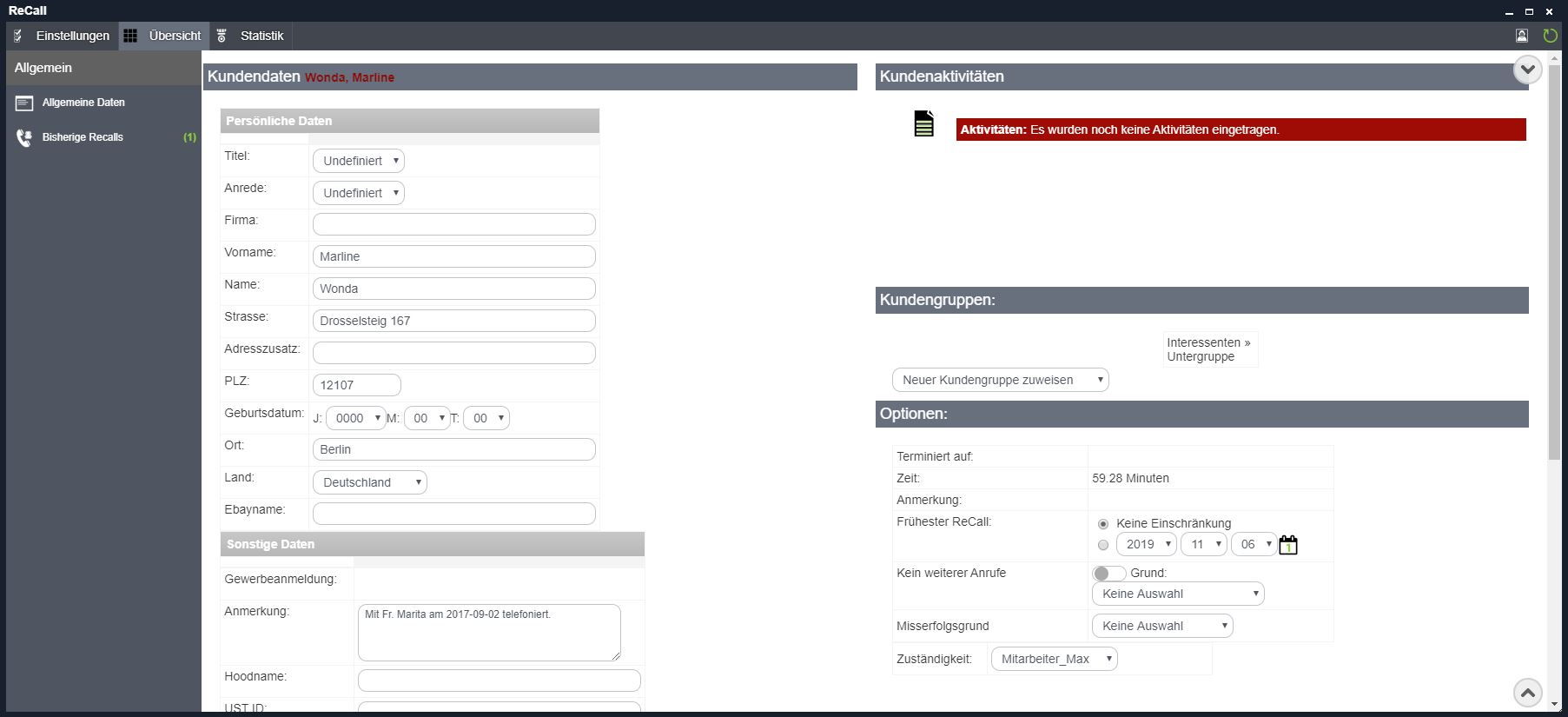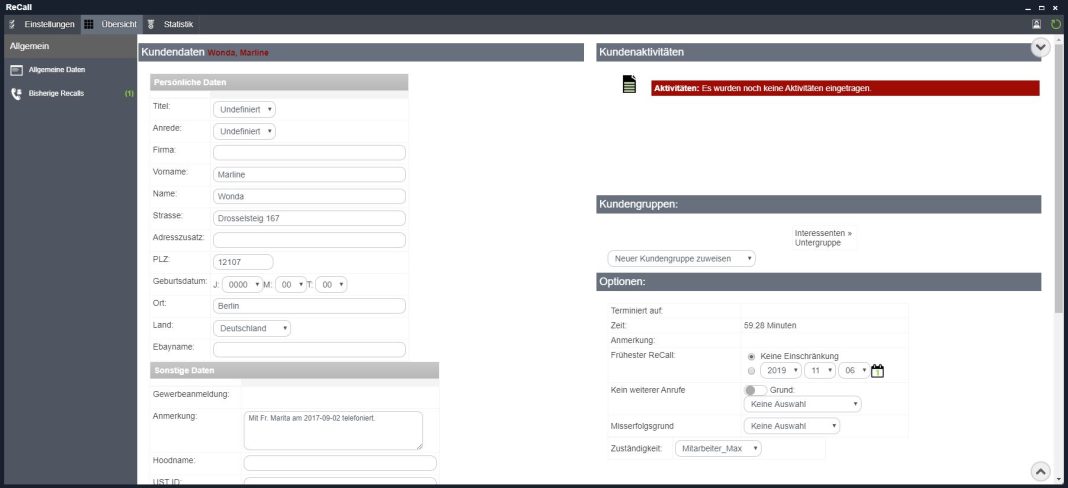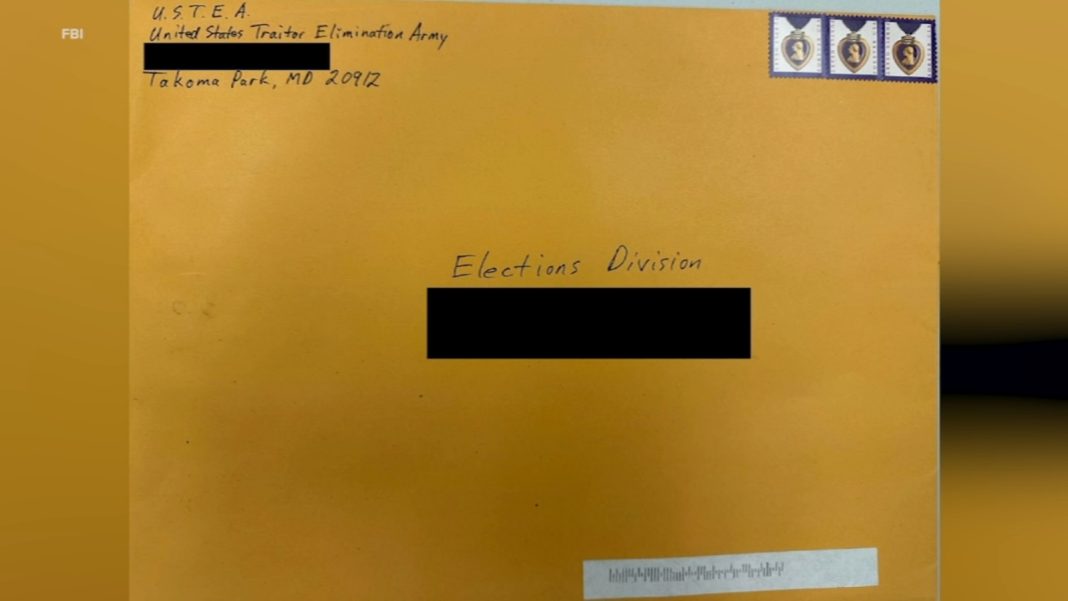
Electric Vehicle (EV) sales in Australia experienced a decline of 15.6 percent in August 2024 compared to the same month in the previous year. This decrease in sales can be attributed to a recall of more than 1,000 EVs due to a battery software issue that could potentially cause fires. The Federal Transport Department issued a recall notice for 1,408 MINI Cooper SEs from 2020 to 2023, stating that the battery software’s insufficient protections against short circuits could result in vehicle fires while driving or parked. Such fires pose a risk of serious injury or death to occupants, as well as damage to property.
To address this issue, consumers were urged to contact their preferred authorized MINI dealer for a software update at no cost. The updated software includes a diagnostic function that can detect battery malfunctions and discharge the high-voltage battery to eliminate the risk of fire. The MINI Cooper SE, with a battery capacity of 54.2-kilowatt hours, offers a travel range between 300 to 400 kilometers. Its lithium-ion high-voltage battery is strategically positioned in the vehicle’s floor to optimize road holding, weight distribution, stability, and agility.
It is worth noting that MINI is owned by BMW Group Australia, a subsidiary of the German luxury vehicle manufacturer BMW Group. This recall serves as a reminder of the importance of thorough testing and safety measures in the EV industry.
In addition to the MINI Cooper SE recall, two other vehicle recalls were issued in September. More than 2,000 Hyundai Santa Fe MX5 2024 hybrid vehicles were recalled due to an issue with the securement of the airbag wiring harness under the rear passenger seat. This manufacturing flaw could lead to airbags not deploying correctly in the event of an accident, increasing the risk of injury or death to occupants. Furthermore, 166 American Special RAM 1500 DT 2023 and 2024 pickup trucks were recalled due to a manufacturing defect affecting the driver’s airbag. The Steering Column Control Module (SCCM) may not have been properly welded, potentially preventing the airbag from deploying when needed.
While these recalls highlight potential safety concerns in the EV and hybrid market, it is interesting to note that EV sales in Australia have declined, representing only 5.8 percent of the market in August 2024, down from 6.6 percent in the same month the previous year. In contrast, hybrid sales nearly doubled during the same period, reaching 11,500 vehicles compared to 5,164 in August 2023. SUVs and light commercial vehicles continue to dominate the market, accounting for 80 percent of all vehicle sales.
According to Tony Weber, the chief executive of the Federal Chamber of Automotive Industries, the disappointing sales of battery electric vehicles in Australia mirror the global trend. Despite the increased availability of EV models and brands in the Australian market, consumers are showing a stronger preference for hybrid and plug-in hybrid vehicles. Hybrid sales have risen by 44.9 percent, while sales of plug-in hybrid vehicles have increased by an impressive 119.8 percent in August 2024 compared to the same month the previous year.
In terms of overall vehicle sales, Australia recorded 98,328 new vehicle sales in August 2024, making it the second-best August result in history. Although this figure reflects a 10.6 percent decrease compared to 2023, it is still considered a positive outcome given the economic pressures caused by cost-of-living and interest rates.
Toyota emerged as the leading brand in August 2024, followed by Ford and Mazda, indicating their continued popularity in the Australian market. As the EV market continues to evolve, it is crucial for manufacturers to prioritize safety and address any issues promptly to maintain consumer trust and gradually increase EV adoption in the country.


